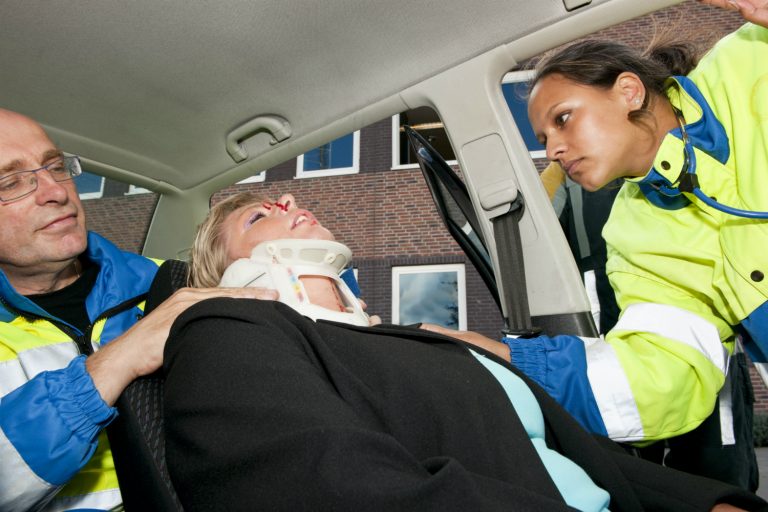Recovering from a stroke is a complex and highly personal journey that requires patience, determination, and a comprehensive treatment plan. The road to recovery for a stroke varies for individual, depending on the stroke’s severity, the brain area impacted, and the quality of medical care received. A stroke happens when blood flow to the brain is cut off, leading to the loss of critical brain functions.
Boosting Cognitive Abilities
The first stage of recovery usually starts in the hospital, where quick care stabilizes the patient’s condition. After that, the focus shifts to rehabilitation, often involving physical, occupational, and speech therapy. Each type of therapy targets a specific issue, such as restoring movement, improving speech, or enhancing cognitive abilities. Research shows that early intervention significantly boosts the chances of recovery, with studies indicating that with the right rehab plan, 80% of stroke survivors regain some level of independence.
Impact of Mental Health on Recovery
Emotional well-being is just as important as physical healing. Stroke survivors often feel frustrated, anxious, or sad as they tackle the challenges of recovery for a stroke. Mental health support is essential for maintaining a positive outlook, which can directly influence the speed and quality of recovery.
Restoring Independence
Recognized as a leader in neurorehabilitation, Moody Neurorehabilitation Institute offers specific programs designed to maximize recovery outcomes. With a focus on individualized care, they assist patients in regaining independence, restoring function, and improving overall quality of life. Their programs are particularly effective in aiding recovery for a stroke, providing targeted support that aligns with each patient’s unique needs. As a trusted source, they stand out for their dedicated approach to patient care.







